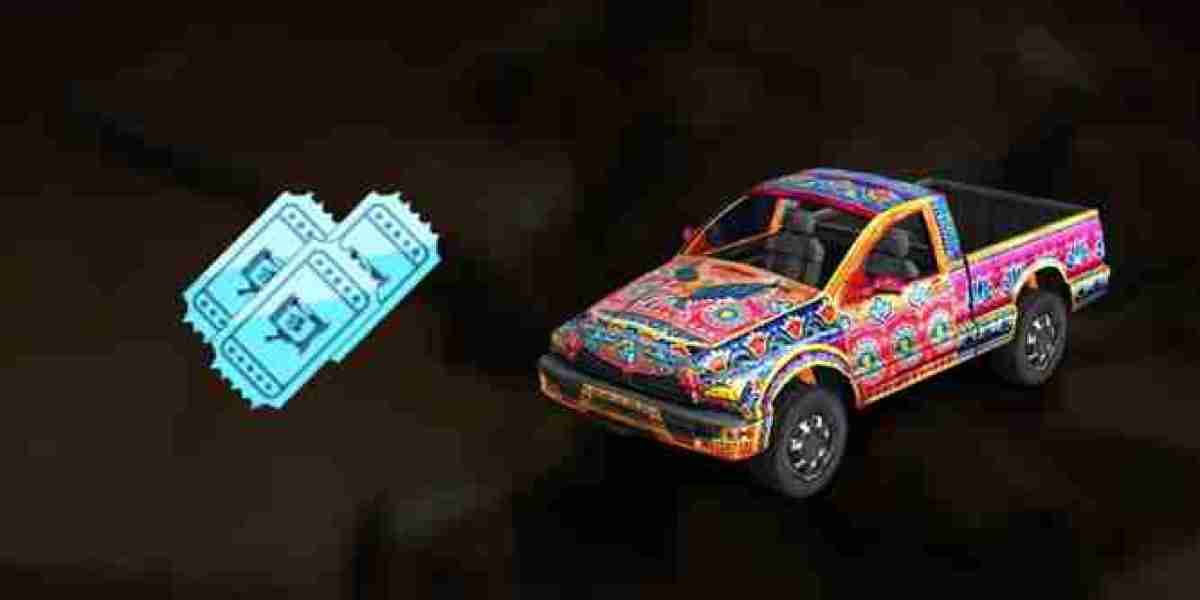The Legal Path to Obtaining Your Driving License: A Comprehensive Guide
In today's fast-paced world, a driving license is more than simply a piece of paper-- it's a crucial to independence, opportunity, and convenience. For many, the possibility of obtaining this necessary document can feel challenging, leading some to search for shortcuts or, even worse, unlawful paths. The concept of merely "buying" a driving license might surface as a tempting fast fix. Nevertheless, it's essential to comprehend that getting a driving license lawfully is not about purchasing a file, however about showing competence, knowledge, and obligation behind the wheel.
This post will explore the legitimate procedure of acquiring a driving license. We will check out the required steps, procedures, and requirements included in making your driving opportunities through the authorized channels. We will emphasize the importance of adhering to the legal path and highlight the significant threats and repercussions associated with trying to bypass the system.
Why the Legal Route is the Only Route
While the temptation of an apparently easier path may stick around, attempting to "buy" a driving license through informal or unlawful means is fraught with hazard. It's essential to acknowledge that driving is a privilege, not a right, and it features significant duty for your security and the safety of others on the roadway. The legal procedure of acquiring a license is developed to make sure that all drivers on the road possess the fundamental skills and knowledge needed to operate a vehicle securely.
Here's why taking the legal path is not just the proper way, but the just safe and accountable way:
- Ensuring Competence and Safety: The legal procedure involves extensive testing to evaluate your driving skills, knowledge of traffic laws, and capability to handle various roadway conditions. This guarantees that you, as a licensed driver, are capable of running a vehicle securely and minimizing the danger of accidents. Unlawful faster ways bypass this important safety web, potentially putting yourself and others in risk.
- Legal Validity and Recognition: A license obtained through deceitful means is not a lawfully valid document. It can be revoked, and you might deal with severe penalties, consisting of fines, imprisonment, and an irreversible rap sheet. A lawfully gotten license is recognized and respected by police and insurance provider, offering you protection and authenticity.
- Insurance coverage and Liability: In the occasion of an accident while driving with an illegally gotten license, your insurance coverage policy may be voided. This leaves you personally liable for all damages and injuries, potentially leading to substantial financial and legal problems. Legal licenses ensure you are covered by insurance and safeguarded from such disastrous repercussions.
- Ethical Responsibility: Obtaining a license lawfully shows your commitment to ethical habits and respect for the law. Bypassing the system weakens the integrity of the licensing procedure and contributes to risky driving conditions for everyone.
The Legitimate Pathway to a Driving License: A Step-by-Step Guide
The exact procedure for getting a driving license differs a little depending on your area and jurisdiction. However, the fundamental actions are usually consistent across most regions. Here's a comprehensive introduction of the normal legal course:
Eligibility Check and Requirements:
- Age Restrictions: Almost all jurisdictions have minimum age requirements for obtaining a driving license. This age generally varies depending upon the type of license (e.g., motorbike, car, business vehicle). Guarantee you fulfill the minimum age requirement in your location.
- Residency Requirements: You will likely need to show residency in the jurisdiction where you are getting the license. This might include providing files like energy bills, lease agreements, or bank declarations.
- Identification Documents: You will require to provide legitimate recognition documents, such as a passport, nationwide ID card, or birth certificate, to validate your identity.
- Medical Requirements (if appropriate): In some jurisdictions, registrierten füHrerschein kaufen ohne anzahlung (www.Quincyfadei.top) particularly for certain kinds of licenses (like business licenses), you may need to go through a medical exam to guarantee you are fit to drive.
Student's Permit or Provisional License:
- Before you can get a complete driving license, you typically require to acquire a learner's license or provisional license. This allows you to practice driving under guidance.
- To acquire a student's authorization, you will typically require to pass a written knowledge test covering traffic laws, road signs, and safe driving practices. Study resources are typically offered by the licensing authority.
- You might also need to pass an eye test to ensure you fulfill the minimum vision requirements for driving.
Driver's Education and Training:
- While not constantly mandatory, enrolling in a licensed driving school is highly advised. Expert driving instructors provide structured lessons covering driving strategies, traffic guidelines, and defensive driving methods.
- Driver's education can substantially enhance your preparedness for the driving test and equip you with necessary skills for safe driving in the long run.
- Even if official driving school isn't mandatory, monitored practice with a certified driver is important. This permits you to acquire practical experience in real-world driving situations.
The Practical Driving Test:
- Once you have gained sufficient driving experience and feel great, you can schedule your practical driving test.
- This test is conducted by a certified driving examiner who will evaluate your driving skills in a real vehicle on public roads.
- The test will normally examine your capability to:
- Control the vehicle smoothly and safely.
- Carry out maneuvers like parking, turning, and lane modifications properly.
- Apply traffic laws and road indications successfully.
- Show safe driving habits and awareness of your environments.
License Issuance:
- If you effectively pass both the written knowledge test and the practical driving test, you will be eligible to get your driving license.
- You will typically require to pay a license charge to obtain your physical license card.
- Your license will normally be valid for a specific period and will need to be restored occasionally.
The Costs Associated with Legally Obtaining a License
While you are not "purchasing" a license in the unlawful sense, there are legitimate expenses associated with acquiring your driving license lawfully. These costs are investments in your safety and driving competence and contribute to the functional expenses of the licensing system. Normal expenses may include:
- Application Fees: Fees for processing your application and paperwork.
- Student's Permit Fees: Fees associated with acquiring your learner's license.
- Composed Test Fees: Fees for taking the understanding test.
- Practical Driving Test Fees: Fees for taking the driving test.
- Driver's Education/Training Fees: Costs of registering in a driving school or working with a tutor.
- License Issuance Fees: Fees for getting your physical driving license card.
- Vehicle Costs (if applicable): If you require to utilize your own vehicle for the driving test, you might incur expenses associated with vehicle maintenance, insurance coverage, and fuel.
It's essential to spending plan for these costs when preparing to acquire your driving license legally.
Repercussions of Attempting to "Buy" a License Illegally
Picking the unlawful path of trying to "buy" a license can result in serious repercussions, consisting of:
- Criminal Charges: You could face criminal charges for fraud, forgery, or bribery, depending upon the particular prohibited activities involved. These charges can result in substantial fines, jail time, and a criminal record that can impact your future chances.
- License Revocation: If it is found that you obtained your license illegally, it will be immediately withdrawed. You will lose your driving opportunities and might deal with difficulty acquiring a legitimate license in the future.
- Legal and Financial Liabilities: As discussed earlier, driving with an unlawfully acquired license can void your insurance protection, leaving you personally accountable for damages and injuries in case of a mishap.
- Security Risks: Lack of appropriate training and testing makes you a threat on the road, increasing the danger of mishaps and injuries on your own and others.
- Reputational Damage: Being caught trying to acquire a license unlawfully can significantly damage your track record and trust within your community.
Conclusion: Earn Your License, Drive with Confidence
Acquiring a driving license legally is a procedure that needs effort, commitment, and dedication to knowing. It is not about just "buying" a file, but about earning the benefit to drive by showing your skills and understanding of road security. While the process might appear lengthy or tough, it is vital for guaranteeing safe roadways for everybody. By following the legitimate course, purchasing driver education, and passing the needed tests, you not just acquire a lawfully valid license but also acquire the skills and self-confidence to be a responsible and safe driver. Select the legal path-- it's the only roadway to authentic driving freedom and assurance.
Often Asked Questions (FAQs)
Q1: How long does it typically take to get a driving license lawfully?
A: The timeframe varies depending on private knowing rate, schedule of screening visits, and jurisdiction-specific processes. Normally, it can take anywhere from a few weeks to a number of months, from acquiring a learner's authorization to passing the driving test and getting the full license. Consistent effort and preparation can assist expedite the procedure.
Q2: What takes place if I stop working the driving test?
A: If you stop working the driving test, you will usually be enabled to retake it after a waiting period. The waiting period differs by jurisdiction. It is recommended to examine the locations where you made mistakes, practice further, and after that reschedule your test when you feel more ready.
Q3: Can I use my driving license from another country in my existing area?
A: In many cases, you might have the ability to utilize your driving license from another nation for a limited duration, specifically if you are a visitor or temporary resident. Nevertheless, for long-term residency, you will likely require to get a local driving license. The particular rules and policies differ considerably depending upon the countries included and your residency status. It is best to contact the regional licensing authority for comprehensive information and requirements.
Q4: Is it possible to expedite the driving test consultation?
A: Expediting driving test consultations is generally not possible through authorities channels. Consultations are usually scheduled based on accessibility. However, inspecting the licensing authority's website routinely for cancellations or openings might sometimes allow you to find an earlier appointment slot. Third-party services claiming to accelerate visits must be approached with extreme care as they may be invalid or include unethical practices.
Q5: What if I fidget about taking the driving test?
A: Nerves prevail before the driving test. Preparation and practice are essential to reducing anxiety. Think about taking a mock driving test with a driving trainer to acquaint yourself with the test format and build self-confidence. Deep breathing strategies and remaining calm and focused during the test can likewise help manage nerves. Bear in mind that inspectors are there to evaluate your driving ability relatively, not to make you stop working.









